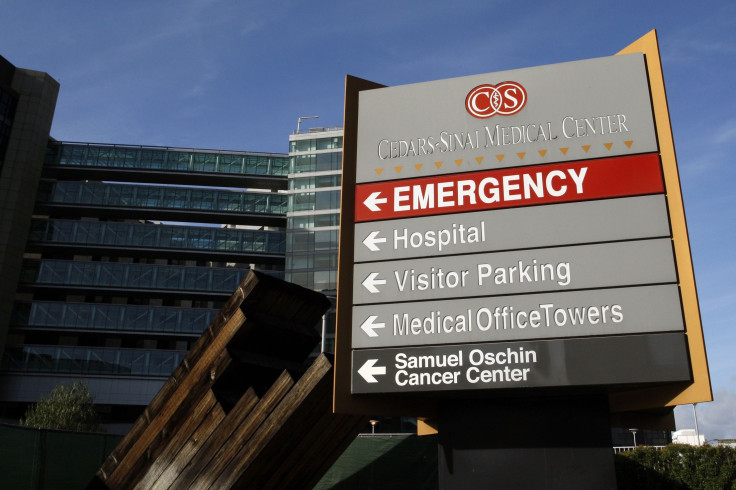Second Los Angeles Hospital Identifies 'Superbug' Infections

(Reuters) - Four patients at Cedars-Sinai Medical Center in Los Angeles were infected with a drug-resistant "superbug" bacteria during endoscopic procedures that may have exposed 64 others since last August, the hospital said on Wednesday.
One of the four infected patients later died from "an underlying disease," not from the bacteria, as the infection had by then been cleared, Cedars-Sinai said in its statement.
The notice came less than two weeks after another major hospital in Los Angeles, the UCLA Ronald Reagan Medical Center, reported that 179 patients may have been exposed to the same carbapenem-resistant Enterobacteriaceae, or CRE.
Seven of those patients were confirmed to have been infected and two of them died.
All 68 patients involved at Cedars-Sinai had undergone endoscopy procedures performed from August 2014 to February 2015 with a single duodenoscope, an instrument linked to CRE transmissions at UCLA and around the country, the hospital said.
Cedars, a privately run hospital, said it was mailing letters this week to all 68 patients as a precaution and was offering them a free home-testing kit that can be sent back to the hospital for analysis.
The complex design of the duodenoscope, used to drain fluids from pancreatic and bile ducts blocked by tumors, gallstones or other conditions, may hinder proper cleaning, the Food and Drug Administration has warned.
Cedars said the duodenoscope in question has been removed from use and that the hospital is using enhanced disinfection procedures, above and beyond the manufacturer recommendations, as it has since reports of outbreaks at other hospitals surfaced last month.
© Copyright IBTimes 2024. All rights reserved.





















